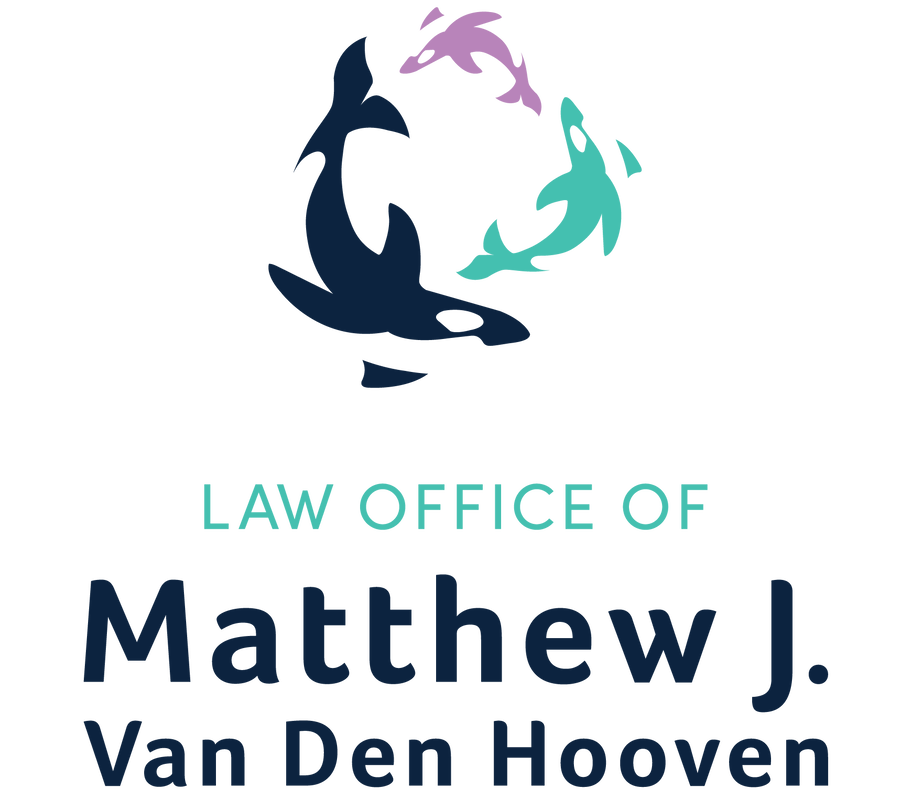This article is for informational purposes only and should not be considered legal advice. If you have any questions related to immigration law in BC, then you need to seek the guidance of a qualified immigration law lawyer on the facts specific to your case.
Refugees and Protected Persons
As a country known for its diversity and welcoming nature, Canada has long been a safe haven for refugees and protected persons seeking a new home. In fact, according to the United Nations High Commissioner for Refugees (UNHCR), Canada is consistently ranked among the top countries in the world for refugee resettlement.
According to the Immigration and Refugee Protection Act (IRPA), a refugee is defined as someone who has a well-founded fear of persecution based on race, religion, nationality, political opinion, or membership in a particular social group. This fear must be present in their home country and they must be unable or unwilling to return due to this fear.
On the other hand, a protected person is someone who has been determined by the Immigration and Refugee Board (IRB) to have a risk of torture, cruel or unusual treatment or punishment, or danger of death if they were to return to their home country. This determination is based on factors such as race, religion, nationality, political opinion, or membership in a particular social group.
Both refugees and protected persons are granted permission to stay in Canada for humanitarian reasons and are entitled to certain rights and benefits such as access to healthcare, education, and employment opportunities.
The process starts with an individual fleeing their home country and seeking protection in Canada. They can do this by either coming directly to Canada or applying from outside the country through Canadian visa offices. Once they arrive in Canada, they must make a claim for refugee protection at a port of entry or an immigration office.
This claim will then be assessed by the IRB who will determine if the individual meets the criteria for refugee or protected person status. This assessment will include interviews and reviews of evidence provided by the claimant.
There are three main criteria that must be met in order to be granted refugee status:
Protected persons have similar criteria but may also include those who are at risk of torture, cruel or unusual punishment, or death penalty if returned to their home country.
Once an individual is granted refugee or protected person status, they have access to various rights and benefits, including the ability to work, access to education and healthcare, and the right to live in safety and security. However, refugee status is not permanent and is subject to review.
The content of this section will delve deeper into the process of obtaining refugee or protected person status, as well as the rights and responsibilities that come with it. It will also address common misconceptions about refugees and provide resources for those seeking more information or assistance.
It is important to note that while obtaining refugee or protected person status may provide temporary relief from persecution, it is not a permanent solution. This status is subject to review at any time, and refugees must continue to meet the criteria for protection in order to maintain their legal status.
Furthermore, being granted refugee or protected person status does not automatically guarantee entry into a specific country. Refugees may still face challenges in finding a new home and may even be at risk of being sent back to their country of origin.
That is why it is crucial for refugees and protected persons to seek out resources and support that can help them secure a more stable future. One such resource is refugee resettlement programs, which are designed to help refugees find permanent homes in countries where they can rebuild their lives.
These programs offer various services, such as housing assistance, language classes, job training, and cultural orientation. They also provide support with applying for permanent residency or citizenship, helping refugees become fully integrated members of their new communities.
In addition to resettlement programs, there are also organizations that specialize in providing essential services to refugees and protected persons. These can include educational opportunities, healthcare services, and legal aid. These resources can be crucial in helping refugees rebuild their lives and establish a sense of stability.
It is also important to note that local communities play a crucial role in supporting refugees. Many organizations rely on volunteers and donations from community members to provide vital services to refugees. This can include things like donating household items for refugee families, offering language tutoring, or simply being a friendly face and welcoming them into the community.
Additionally, businesses and employers can make a significant impact by hiring refugees who are looking for employment opportunities. By providing job opportunities, businesses not only support refugees but also contribute to the economic growth of their communities.
According to the Immigration and Refugee Protection Act (IRPA), a refugee is defined as someone who has a well-founded fear of persecution based on race, religion, nationality, political opinion, or membership in a particular social group. This fear must be present in their home country and they must be unable or unwilling to return due to this fear.
On the other hand, a protected person is someone who has been determined by the Immigration and Refugee Board (IRB) to have a risk of torture, cruel or unusual treatment or punishment, or danger of death if they were to return to their home country. This determination is based on factors such as race, religion, nationality, political opinion, or membership in a particular social group.
Both refugees and protected persons are granted permission to stay in Canada for humanitarian reasons and are entitled to certain rights and benefits such as access to healthcare, education, and employment opportunities.
The process starts with an individual fleeing their home country and seeking protection in Canada. They can do this by either coming directly to Canada or applying from outside the country through Canadian visa offices. Once they arrive in Canada, they must make a claim for refugee protection at a port of entry or an immigration office.
This claim will then be assessed by the IRB who will determine if the individual meets the criteria for refugee or protected person status. This assessment will include interviews and reviews of evidence provided by the claimant.
There are three main criteria that must be met in order to be granted refugee status:
- a well-founded fear of persecution based on race, religion, nationality, political opinion, or membership in a particular social group;
- inability to seek protection from their home country; and,
- being unable to return due to fear of persecution.
Protected persons have similar criteria but may also include those who are at risk of torture, cruel or unusual punishment, or death penalty if returned to their home country.
Once an individual is granted refugee or protected person status, they have access to various rights and benefits, including the ability to work, access to education and healthcare, and the right to live in safety and security. However, refugee status is not permanent and is subject to review.
The content of this section will delve deeper into the process of obtaining refugee or protected person status, as well as the rights and responsibilities that come with it. It will also address common misconceptions about refugees and provide resources for those seeking more information or assistance.
It is important to note that while obtaining refugee or protected person status may provide temporary relief from persecution, it is not a permanent solution. This status is subject to review at any time, and refugees must continue to meet the criteria for protection in order to maintain their legal status.
Furthermore, being granted refugee or protected person status does not automatically guarantee entry into a specific country. Refugees may still face challenges in finding a new home and may even be at risk of being sent back to their country of origin.
That is why it is crucial for refugees and protected persons to seek out resources and support that can help them secure a more stable future. One such resource is refugee resettlement programs, which are designed to help refugees find permanent homes in countries where they can rebuild their lives.
These programs offer various services, such as housing assistance, language classes, job training, and cultural orientation. They also provide support with applying for permanent residency or citizenship, helping refugees become fully integrated members of their new communities.
In addition to resettlement programs, there are also organizations that specialize in providing essential services to refugees and protected persons. These can include educational opportunities, healthcare services, and legal aid. These resources can be crucial in helping refugees rebuild their lives and establish a sense of stability.
It is also important to note that local communities play a crucial role in supporting refugees. Many organizations rely on volunteers and donations from community members to provide vital services to refugees. This can include things like donating household items for refugee families, offering language tutoring, or simply being a friendly face and welcoming them into the community.
Additionally, businesses and employers can make a significant impact by hiring refugees who are looking for employment opportunities. By providing job opportunities, businesses not only support refugees but also contribute to the economic growth of their communities.








